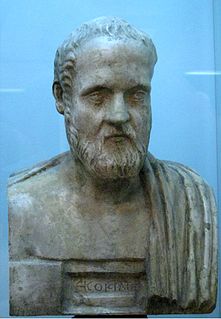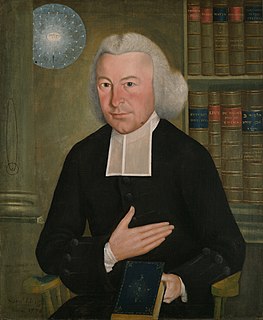Цитата Дэвида Новака
В средние века евреи были членами полунезависимого государства в рамках более крупного государства.
Связанные цитаты
Те, кто руководил государством во времена Солона и Клисфена, не установили государственного устройства, которое ... воспитало бы граждан таким образом, чтобы они смотрели на дерзость как на демократию, беззаконие как на свободу, дерзость речи как равенство и вседозволенность делать то, что они радовали как счастье, а скорее государство, которое ненавидело и наказывало таких людей и тем самым делало всех граждан лучше и мудрее.
Для тех, кто представлял Государство Израиль демократическим государством, которое, хотя в первую очередь является еврейским государством для евреев, в котором неевреи могут стать гражданами и пользоваться равными гражданскими правами с еврейским большинством, вопрос о естественном праве есть вопрос прав человека.
Республики требовали добродетели. Монархии могли полагаться на принуждение и «ослепительное великолепие» для подавления личных интересов или фракций; республики полагались на доброту народа, чтобы отложить в сторону личные интересы ради общественного блага. Императивы добродетели придавали республиканскому гражданину все виды desiderata: простота, бережливость, трезвость, простые манеры, христианская доброжелательность, долг перед государством. Республики призывали к другим добродетелям — смелости, мужеству — для защиты государства от внешних угроз. Тираны держали постоянные армии; республики опирались на свободных йоменов, защищавших свою землю.
Человечество испробовало все формы гражданского строя, кроме одной, которая, по-видимому, была зарезервирована Провидением для реализации в Америке. Большинство государств всех времен ... были основаны на жадности, узурпации и несправедливости; так что в состязаниях, записанных в истории ... военная история всех народов является не чем иным, как описанием войн и нашествий взаимных грабителей и опустошителей рода человеческого.


































